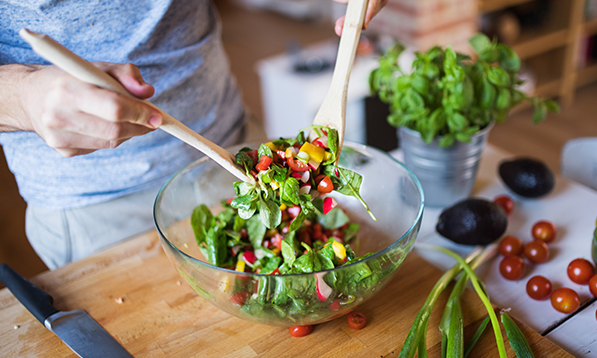
10 refreshingly local BC summer salads
August 13, 2020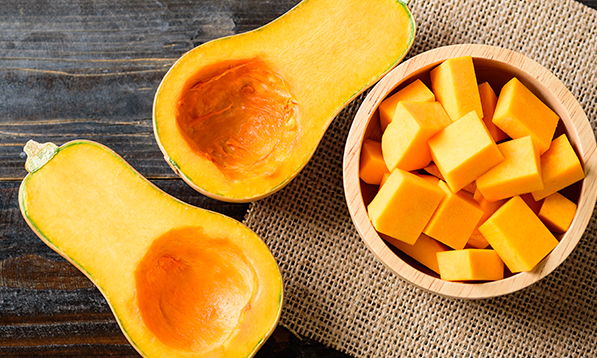
Fall Fruits and Veggies: Your guide to choosing, cooking, and storing
October 7, 2020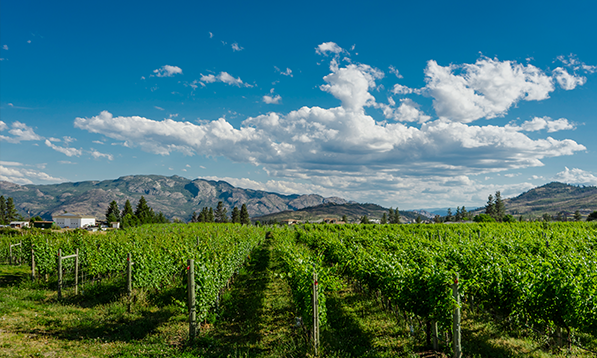
Karnail Singh Sidhu runs the family-owned Kalala Organic Estate Winery with his wife Narinder in the beautiful Okanagan Valley. He’s developed an impressive approach to grape growing based on sharing knowledge and caring for the environment, and was recently awarded the inaugural BC Viticulturist of the Year award from the B.C. Grapegrowers’ Association. We caught up with him to chat about his award and his farming journey just before harvest season began.
We Heart Local BC: You received the B.C. Grapegrowers’ Association’s inaugural BC Viticulturist of the Year award in June. Can you explain: what is a viticulturist?
Karnail Singh Sidhu: In simple words, it is a person who’s involved in growing grapes. They’re a very crucial part of winemaking - although they are not necessarily the winemaker. As everyone knows, wine is not made, it’s grown. So 90% of winemaking relies on the viticulturist and how good the grapes are that they can grow for the winemaker.
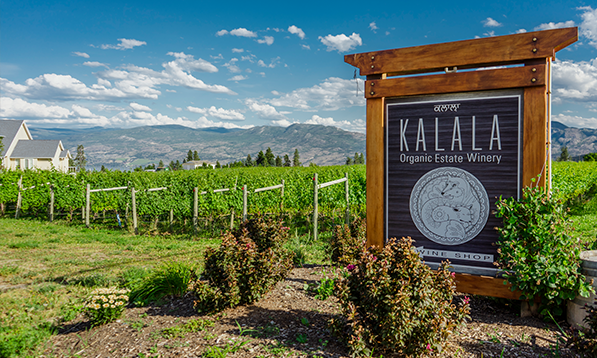
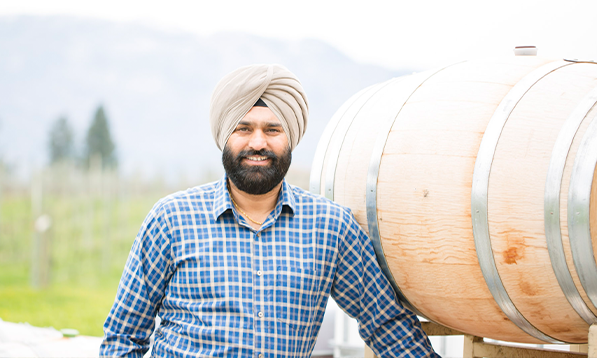
WHL: How did you get started in farming?
KSS: I was born in a farming family, so I didn’t get started in farming -- I actually came back to farming. I was the only person in my family to train in a profession and I trained as an electrical engineer in India. When I moved to Canada in 1993 I found out that they didn’t recognize foreign credentials, and I didn’t have any funds to go back to school. So, I started looking for jobs in the agricultural sector. Farmers will be farmers, it doesn’t matter which profession they go into -- even when they retire, they go back to farming! (laughs). It’s in your blood.
Finally, I landed a job at a winery, working in the vineyard, and I slowly climbed the ladder to become the vineyard manager. I worked at Summerhill Winery for over 10 years, and I always say that I am who I am because they gave me the platform to grow. I went on to Okanagan College to study viticulture and Summerhill paid for my viticulturist training too. I have learned from lots of people in my life, and Summerhill had a big impact on my knowledge about grapes and wine making.
"I believe the land is a gift for future generations, so we must keep it good and safe." Karnail Singh Sidhu
WHL: Can you tell us about Kalala Organic Winery? How is your family involved?
KSS: We started Kalala as a family-owned business, and in 2006 we started making wine. We opened to the public in 2008. My family is fully involved. My wife mostly takes care of the business and administration side. Myself, I take care of the operations side - I do a lot of work in our vineyard. I come up with new ideas and new business, and my wife helps me to pursue those ideas. My brother helps me in the vineyard, and my daughters, nieces, and nephews all work when we need help in the vineyard and they also help when needed for bottling.
We produce between 5,000 and 6,000 cases of wine a year under our own label (that’s 60,000 to 72,000 bottles of wine!). I do also sell bulk wine, so we produce more than we bottle. We also sell grapes, mostly to other wineries. We currently farm about 70 organic acres. Our main operation is in West Kelowna and we also have a vineyard in Oliver.
WHL: As the BC Viticulturist of the Year you were recognized for your environmental stewardship. What are some of the ways that you care for the land on your farm?
KSS: I believe the land is a gift for future generations, so we must keep it good and safe. To me, organic doesn’t mean, “just use organic products, and if you do, it won’t impact the environment”. Instead it is about a balance - we try to stay as close as possible to nature and we focus more on prevention than cure. We use water very carefully, and we have very low waste - we compost whatever is left from the winery and that goes back into the vineyard.
We also don’t mow as often as some people like to see, I let the grass grow a little higher. Right now, I’m researching cover crops - observing which plants prefer which areas and understanding soil requirements from that. Reducing inputs is big for me. Using inputs like sulphur - even if it’s organic - if you use too much, it’s going to have an environmental impact. So for example, the brand we use is rated 3 to 6 pounds an acre - but I’ll use probably 300 to 400 grams an acre.
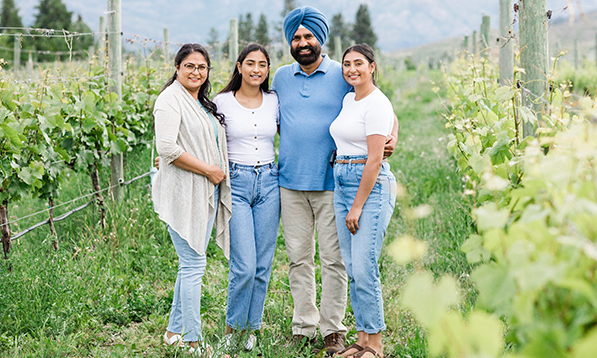
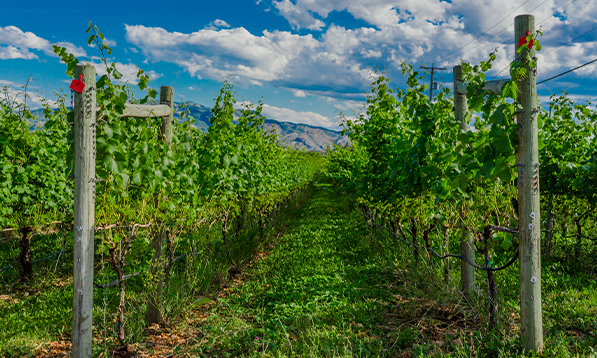
WHL: Some of the judging criteria was also based on human resources. Can you tell us a little bit about how you support your workers and how you build community?
KSS: I believe you have to share your knowledge with other people, and you get your knowledge from other people too. My nature is, I have no secrets, and anyone can ask me a question. To me withholding knowledge is just a way of blocking your learning. The more you talk about things, the more you learn. Whenever anyone starts working with me, I try to teach them as well as I can, because I see them as the future of the industry and not just my employees. I learned lots from working with Dr Allan Marks who first hired me at Summerhill in the early days, so that’s how I deal with my employees. Most of my employees are like my own family members. I think we can learn a lot from sharing our views, our knowledge, and everyone has a different way of thinking. If you can incorporate the knowledge from all of those heads, then you will be ahead of just thinking by yourself.